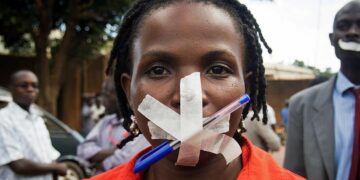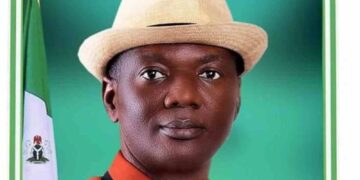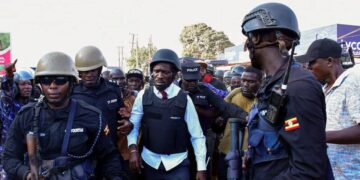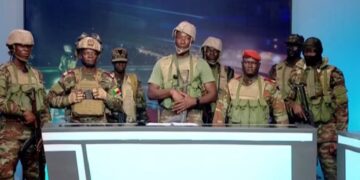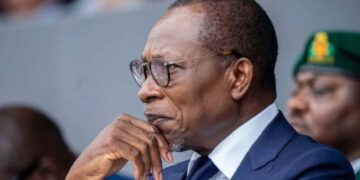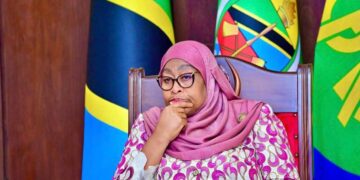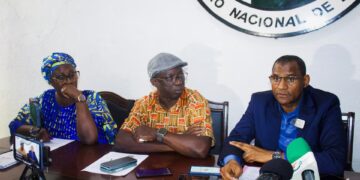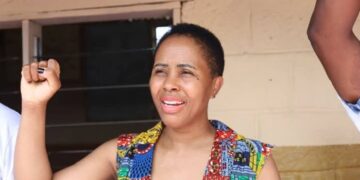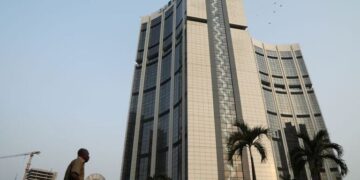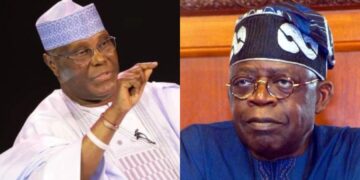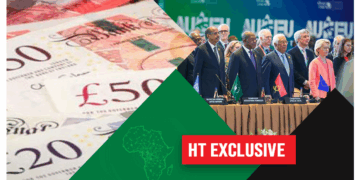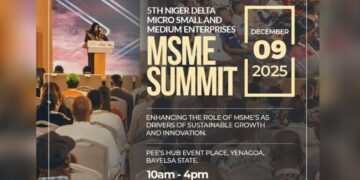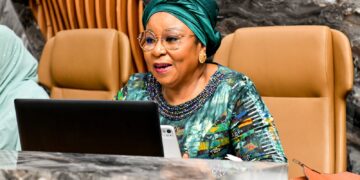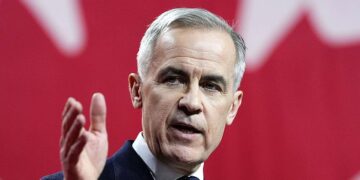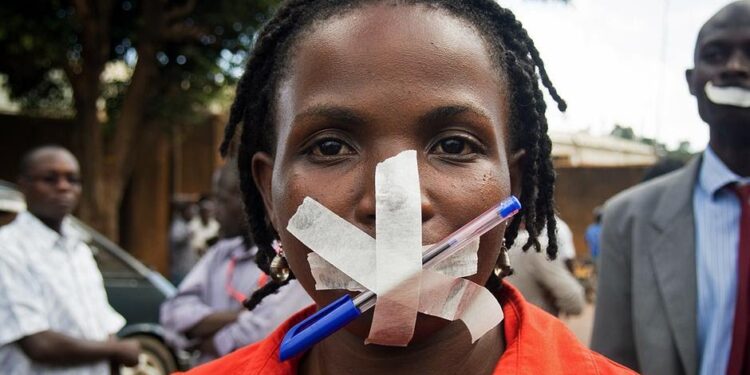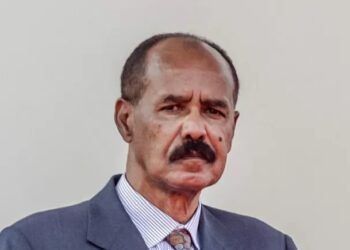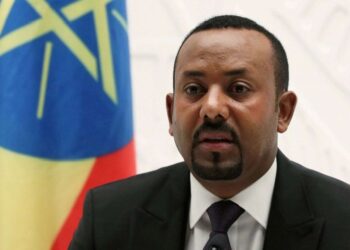By John Ikani
Nigeria has been flagged as one of the toughest places for journalists in West Africa In the latest 2024 World Press Freedom Index by Reporters Without Borders (RSF).
Ranked 112th out of 180 countries, it’s a bit better than last year’s 123rd place.
But the report shows a tough reality: Nigerian journalists face monitoring, attacks, and sometimes get arrested for no reason.
RSF looked at different things like politics, laws, money, society, and safety. They found that the government interferes a lot with the media in Nigeria, especially during elections.
Also, who owns the media often affects how they report politics. And government people have a lot of say in who gets hired or fired in media jobs.
“The government’s meddling in the news is pretty high,” RSF said. “They can pressure, bother, or even censor journalists and media, especially during elections.”
Government officials have a big role in deciding who works in the media, both in public and private jobs.
Sometimes, the government makes sudden decisions, like destroying private media stuff in 2023, making things even harder for journalists.
They also mentioned how in May 2023, around 50 radio stations got shut down by the NBC, which controls broadcasting, showing how much control the government has.
READ ALSO: Nigeria Grabs 112th Spot In 2024 World Press Freedom Index
Even though Nigeria’s constitution says people can speak freely, journalists still face problems because of laws on things like cybercrime, terrorism, secrets, and even saying bad things about people (defamation).
“Money problems and low wages in the media lead to corruption,” RSF added. “Media also face violence because of religion, gender, or ethnicity issues.”
RSF talked about how dangerous it is for journalists, especially during elections. Nearly 20 journalists and media places were attacked during the 2023 elections.
They said Nigeria has more attacks on journalists than other West African countries, and often the attackers don’t get punished. The government watches journalists closely and sometimes threatens them.
“Even if we know who did it, there’s not much protection from the government,” RSF said. “Journalists feel watched and scared, which makes them hold back from saying things.”
